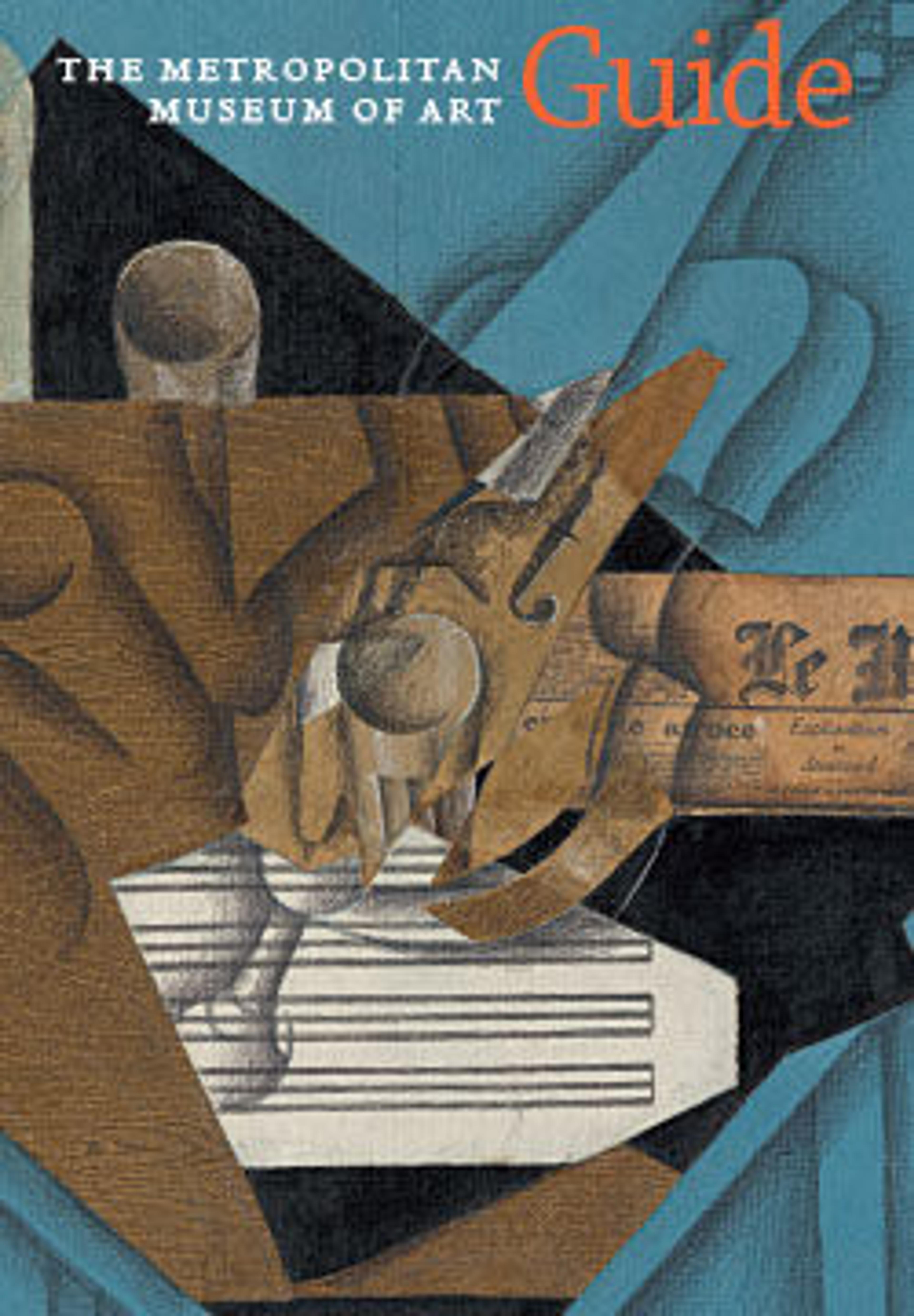English
Relief of the Betrayal and Arrest of Jesus
Four key events in the final hours of Jesus’ life are dramatically shown here (from left to right): Peter sheathing his sword after severing the ear of Malchus (seated), the high priest’s servant; Jesus miraculously restoring the ear; Judas betraying Jesus with a kiss; and Roman soldiers arresting Jesus. The compression of these events into one scene with its complex interweaving of figural masses creates a powerful sculptural statement.
In the medieval church the choir screen separated the nave and the choir area. By the thirteenth century these barriers often were decorated with extensive narrative themes, especially the Passion, the dramatic final events in the earthly life of Jesus. Because they hindered participation in church rituals by the laity, most European churches eventually eliminated them. The choir screen at the cathedral in Amiens was destroyed in 1755. This relief is one of the largest and best preserved narrative sculptures to survive.
In the medieval church the choir screen separated the nave and the choir area. By the thirteenth century these barriers often were decorated with extensive narrative themes, especially the Passion, the dramatic final events in the earthly life of Jesus. Because they hindered participation in church rituals by the laity, most European churches eventually eliminated them. The choir screen at the cathedral in Amiens was destroyed in 1755. This relief is one of the largest and best preserved narrative sculptures to survive.
Artwork Details
- Title:Relief of the Betrayal and Arrest of Jesus
- Date:1264–88
- Geography:Made in Amiens, Picardy, France
- Culture:French
- Medium:Limestone with traces of polychromy and gilding
- Dimensions:Overall: 39 1/4 x 43 x 9 in. (99.7 x 109.2 x 22.9 cm)
- Classification:Sculpture-Stone
- Credit Line:Mr. and Mrs. Isaac D. Fletcher Collection, Bequest of Isaac D. Fletcher, 1917
- Object Number:17.120.5
- Curatorial Department: Medieval Art and The Cloisters
Audio
3090. Limestone Relief of the Betrayal and Arrest of Jesus
0:00
0:00
We're sorry, the transcript for this audio track is not available at this time. Please email info@metmuseum.org to request a transcript for this track.
Listen to more about this artwork
More Artwork
Research Resources
The Met provides unparalleled resources for research and welcomes an international community of students and scholars. The Met's Open Access API is where creators and researchers can connect to the The Met collection. Open Access data and public domain images are available for unrestricted commercial and noncommercial use without permission or fee.
To request images under copyright and other restrictions, please use this Image Request form.
Feedback
We continue to research and examine historical and cultural context for objects in The Met collection. If you have comments or questions about this object record, please contact us using the form below. The Museum looks forward to receiving your comments.
